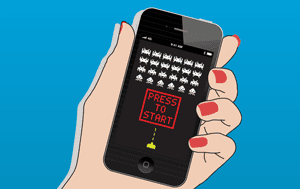Can data disrupt its own data model? The new investors dilemma.
We know and love the original thinking from Clayton Christensen - however is this model about itself to be disrupted? https://en.wikipedia.org/wiki/The_Innovator%27s_Dilemma Investing today into an early stage high growth business is largely predicated on the target having a product or service that collects and stores data. They have a proposition the market wants and enabling the business to collect unique data is critical to funding (growth and defence) and there is a foreseeable route to exit. As a business you combine your data set with anything else you can buy, enabling you as a business to refine your proposition, grow customers, improve satisfaction, increase engagement, uplift revenue and create more value by having better data and analysis. It is virtuous circle based on collecting, storing, analysing and using data. Essentially we are still very early in this thinking and investment cycle. The majority of early stage venture money is fo...




